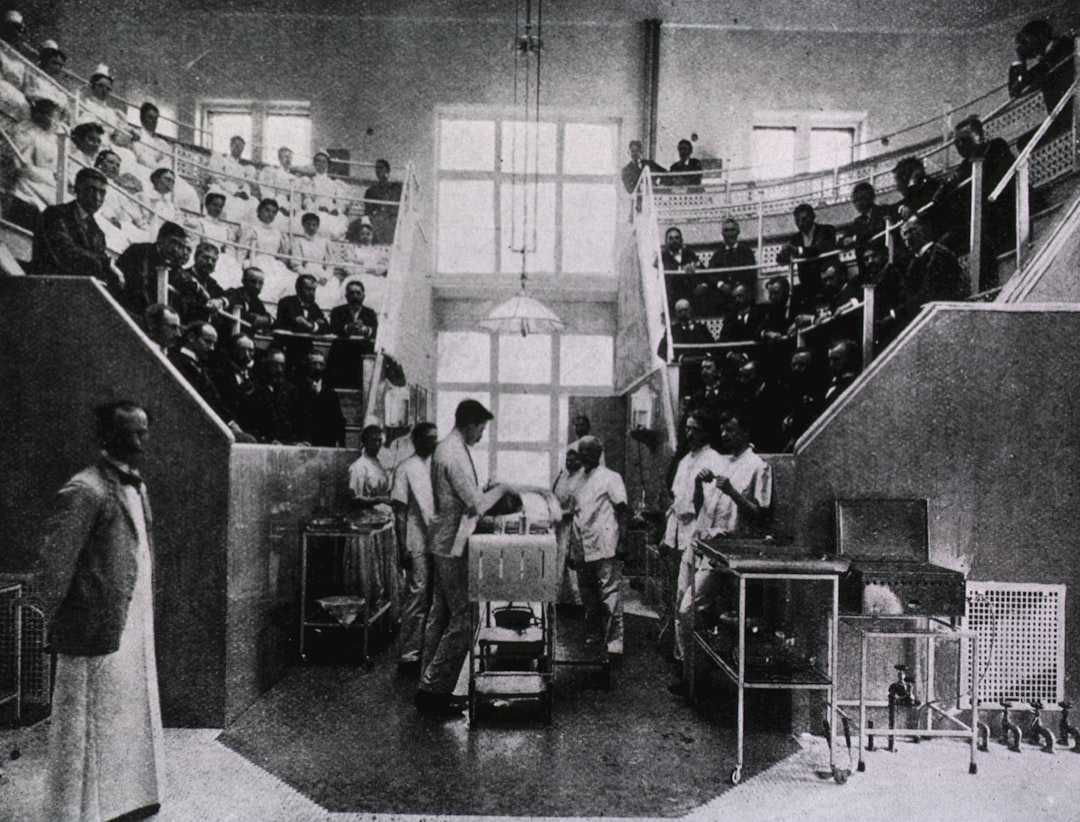Fecal transplants, also known as fecal microbiota transplants (FMT), have gained attention in recent years as a potential treatment for various health conditions. But what exactly is a fecal transplant, and when is it necessary? In this article, we’ll explore the basics of fecal transplants and when someone may need one.
What is a Fecal Transplant?
A fecal transplant is a medical procedure in which fecal matter from a healthy donor is transferred into the digestive tract of a recipient. The goal of this procedure is to introduce healthy bacteria into the recipient’s gut microbiome, which can help treat certain health conditions.
How is a Fecal Transplant Performed?

by National Library of Medicine (https://unsplash.com/@libraryofmedicine)
A fecal transplant can be performed in a few different ways, including:
- Colonoscopy: This is the most common method of fecal transplant. During a colonoscopy, a thin, flexible tube with a camera on the end is inserted into the rectum and guided through the colon. The fecal matter is then inserted through the tube and into the colon.
- Enema: In this method, the fecal matter is mixed with a saline solution and inserted into the rectum using a tube.
- Nasogastric tube: This method involves inserting a tube through the nose and into the stomach, where the fecal matter is then delivered.
- Oral capsules: In some cases, fecal matter can be encapsulated and taken orally.
The method used will depend on the individual’s specific needs and the recommendation of their healthcare provider.
When is a Fecal Transplant Necessary?
Fecal transplants are primarily used to treat conditions related to the gut microbiome, which is the collection of bacteria, viruses, and fungi that live in the digestive tract. These conditions can include:
Clostridioides difficile (C. diff) Infection
C. diff is a type of bacteria that can cause severe diarrhea and inflammation of the colon. It is often acquired in hospitals or healthcare settings and can be difficult to treat with antibiotics. Fecal transplants have been shown to be an effective treatment for recurrent C. diff infections, with a success rate of over 90%.
Inflammatory Bowel Disease (IBD)
IBD is a chronic condition that causes inflammation in the digestive tract. It includes conditions like Crohn’s disease and ulcerative colitis. While fecal transplants are not a cure for IBD, they have shown promise in reducing symptoms and improving the overall health of the gut microbiome.
Irritable Bowel Syndrome (IBS)
IBS is a common disorder that affects the large intestine and can cause symptoms like abdominal pain, bloating, and changes in bowel habits. While the exact cause of IBS is unknown, it is believed that an imbalance in the gut microbiome may play a role. Fecal transplants have shown potential in improving symptoms and reducing the severity of IBS.
Other Conditions
Research is ongoing to determine the potential benefits of fecal transplants for other conditions, such as obesity, diabetes, and autoimmune disorders. While there is still much to learn, early studies have shown promising results.
How to Find a Fecal Transplant Near Me
If you or a loved one is considering a fecal transplant, it’s important to find a reputable healthcare provider who is experienced in performing the procedure. Here are some steps you can take to find a fecal transplant near you:
Talk to Your Doctor
The first step is to talk to your primary care physician or specialist about your interest in a fecal transplant. They may be able to refer you to a healthcare provider who offers the procedure or provide more information about the process.
Research Healthcare Providers

by Usman Yousaf (https://unsplash.com/@usmanyousaf)
You can also do your own research to find healthcare providers who offer fecal transplants. Look for clinics or hospitals that specialize in gastroenterology or digestive health. You can also search for “fecal transplant near me” online to find providers in your area.
Consider the Cost
The cost of a fecal transplant can vary depending on the method used and the healthcare provider. In some cases, insurance may cover the procedure, but it’s important to check with your insurance provider beforehand. If insurance does not cover the cost, you may need to pay out of pocket, which can range from a few hundred to a few thousand dollars.
Potential Risks and Side Effects
As with any medical procedure, there are potential risks and side effects associated with fecal transplants. These can include:
- Infection: There is a risk of infection from the donor fecal matter, which is why it’s important to use a healthy donor and follow proper screening and testing protocols.
- Adverse reaction: Some individuals may have an adverse reaction to the fecal matter, which can cause symptoms like nausea, vomiting, or diarrhea.
- Unknown long-term effects: While fecal transplants have been used for decades, there is still much to learn about the long-term effects of the procedure.
It’s important to discuss these risks with your healthcare provider and make an informed decision about whether a fecal transplant is right for you.
Conclusion
Fecal transplants have shown promise in treating various health conditions related to the gut microbiome. If you or a loved one is considering a fecal transplant, it’s important to talk to your doctor and do your research to find a reputable healthcare provider. While there are potential risks and side effects, for many individuals, the benefits of a fecal transplant may outweigh these risks.
